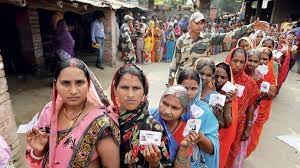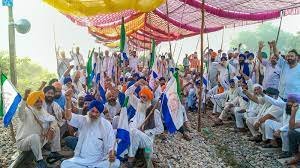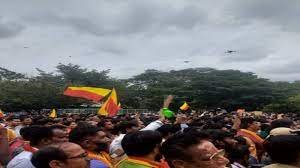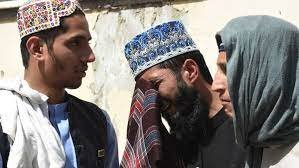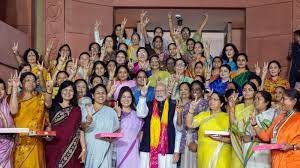Uttarakhand CM Pushkar signs MoUs worth crores with Agar Technology, Fira Barcelona, EaseMyTrip during Britain visit
Uttarakhand Chief Minister Pushkar Singh Dhami‘s visit to the United Kingdom for the Global Investors Summit in London has yielded significant economic gains for the Indian state. During his stay, Dhami and his delegation engaged in a series of fruitful meetings with global investors, resulting in the signing of InvestmentContinue Reading


